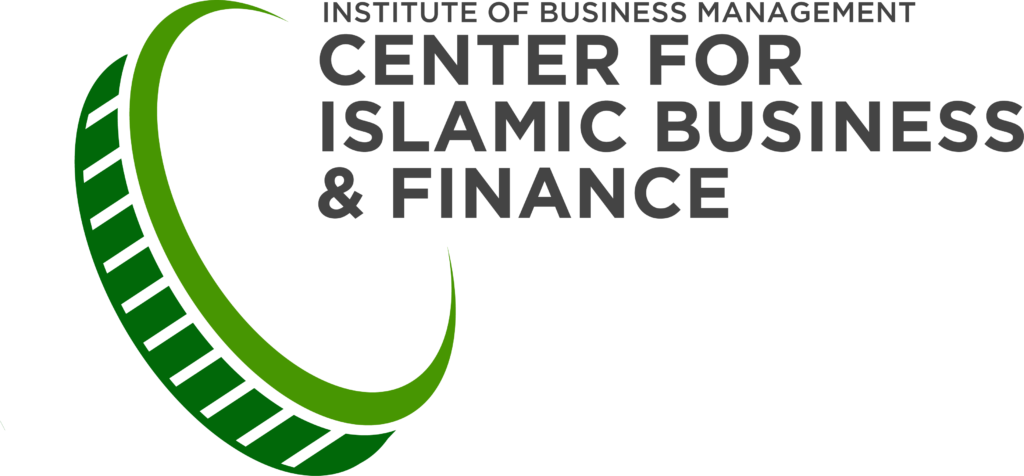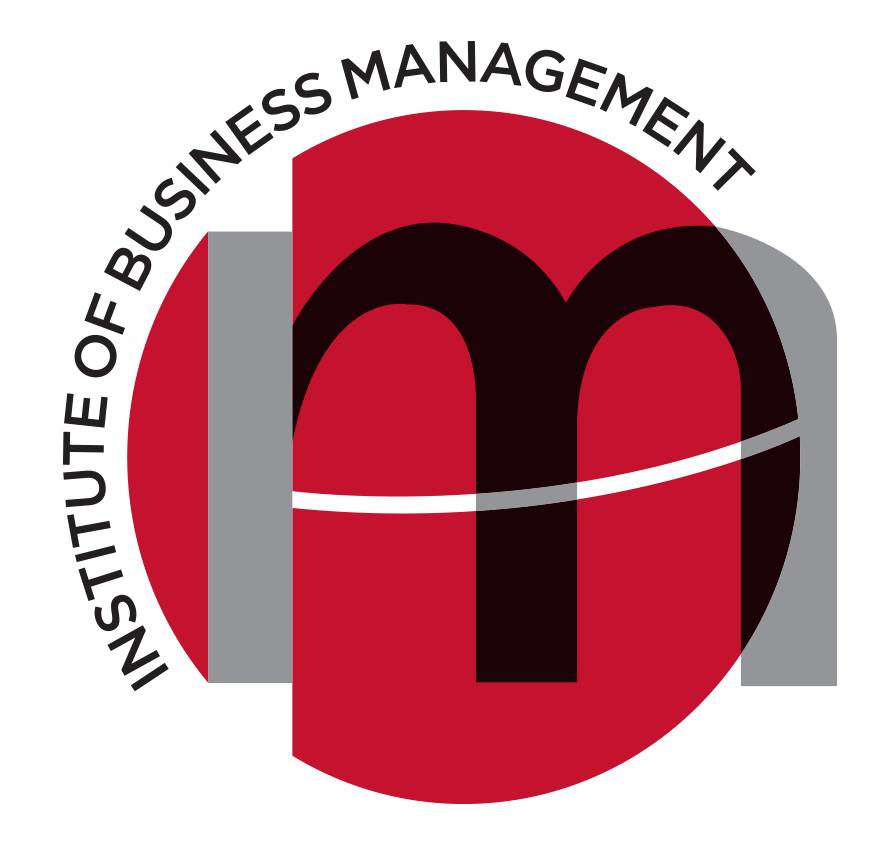Certified Professional Program in Islamic Banking Practices
Program Overview:
Offered by the Institute of Business Management (IoBM) – Centre for Islamic Business & Finance (CIBF) in collaboration with esteemed international partners, this program is designed to equip banking professionals with the skills and knowledge necessary to transition conventional banking portfolios into Shariah-compliant frameworks. The program leverages global expertise to ensure a comprehensive learning experience aligned with international Islamic banking standards.
Program Objectives:
- Develop practical skills for implementing Islamic banking practices.
- Bridge the gap between conventional and Islamic banking systems.
- Enhance risk management and Shariah governance in Islamic banking.
Why Choose Us?
Our program is led by highly qualified faculty, comprising distinguished academicians and seasoned industry leaders. Their combined expertise ensures a perfect balance of theoretical knowledge and practical insights, providing participants with cutting-edge tools to excel in the Islamic banking sector.
Who Should Attend?
- Banking professionals transitioning to Islamic banking.
- Risk managers, compliance officers, and senior executives in the financial industry.
Program Benefits:
- Gain expertise in transitioning to Islamic banking practices.
- Learn global Shariah-compliant standards through international collaborations.
- Master risk management and Shariah governance for Islamic banking portfolios.
Scholarships Available:
To support deserving candidates and encourage participation, scholarships are available for this program. Eligible applicants are encouraged to apply and benefit from this opportunity.
Key Features of the Program:
1. Transformation of Conventional Portfolios to Islamic Banking
- Conversion of working capital finance, export refinance schemes, and long-term financing.
- Transition from conventional letters of credit and guarantees to Shariah-compliant alternatives.
- Risk management and Shariah compliance for Islamic asset portfolios.
- Transformation of current and savings accounts (local and foreign currencies).
- Islamic alternatives for term deposit receipts.
- Governance and risk management strategies for liability portfolios.
- Conversion of inter-bank placements, borrowings, and repurchase agreements.
- Islamic alternatives for forward contracts and currency swaps.
- Shariah governance for Sukuk as replacements for Treasury Bills and Pakistan Investment Bonds.
- Conversion of retail and consumer products, including auto, housing, and personal finance.
- Introduction of Shariah-compliant alternatives to credit cards and running finance.
- Risk management and compliance in consumer portfolios.
- Transformation of investment and equity funds.
- Shariah-compliant solutions for bancassurance and other services.
About IoBM - Centre for Islamic Business & Finance (CIBF):
CIBF is a pioneer in Islamic finance education in Pakistan, dedicated to promoting excellence in Islamic banking practices. This program reflects IoBM’s commitment to bridging academia and industry in collaboration with international partners to drive innovation and ethical practices in Islamic banking.
Program Fees
PKR 120,000
(Exclusive of Tax)
Program Duration:
48 credit hours (flexible schedule).
Venue
cibf @IoBM, Karachi
Registration
For enrolment and further details, please reach out to:
admissions@iobm.edu.pk
OR
director.cibf@iobm.edu.pk
2. System and Accounting Transformations
- Conversion of conventional core banking systems to Shariah-compliant frameworks.
- Adjustments in accounting flows to align with Islamic principles.
- Shariah guidance for system and process restructuring.
3. Profit Computation and Distribution
- Islamic methodologies for profit computation under General and Special Pools.
- Risk management and compliance for profit and loss distribution.
4. Methodology:
- Practical case studies and comparative analysis of conventional and Islamic banking systems

